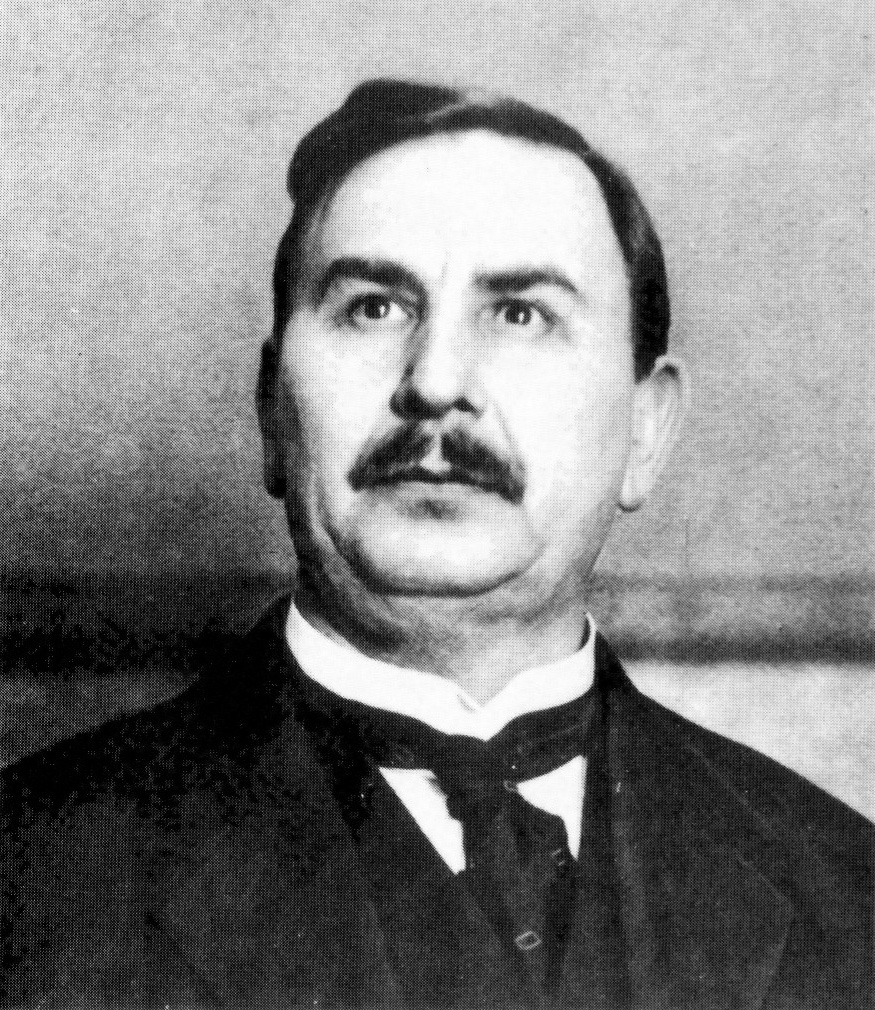- Carl Gustaf Ekman
Infobox Prime Minister
name = Carl Gustaf Ekman
order = 21stPrime Minister of Sweden
term_start1 =7 June 1926
term_end1 =2 October 1928
term_start2 =7 June 1930
term_end2 =6 August 1932
predecessor1 =Rickard Sandler
successor1 =Arvid Lindman
predecessor2 =Arvid Lindman
successor2 =Felix Hamrin
birth_date = birth date|1872|10|6|df=y
birth_place =Munktorp ,Västmanland County
death_date = death date and age|1945|6|15|1872|10|6|df=y
death_place =Stockholm ,Stockholm County
party = Freeminded People's Party
spouse =Laura Ekman (née Widlund)Carl Gustaf Ekman (
6 October 1872 –15 June 1945 ) was a Swedishpolitician , Member of Parliament 1911-1932 (both lower and upper houses), leader of the Freeminded People's Party 1924-1932 andPrime Minister from 1926 to 1928 and again from 1930 to 1932.He was married to
Laura Ekman (née Widlund), with whom he had four children.Biography
Carl Gustaf Ekamn was born in Munktorp in
Västmanland county to farmer and soldier Carl Ekman and Josefina Säfström. He began working at the age of twelve as a farmhand, read everything he could get his hands on, was entrusted with duties inside the temperance movement, where he became a functionary. He was promoted to director of the Friends of the Temperance Movement's disability and burial fund inEskilstuna . He was appointed in 1908 to chief editor of the liberal newspaper Eskiltuna-Kuriren. His attempt to be elected to Parliament (theRiksdag ) failed because of the domination of theSocial Democrats in the industrial town ofEskiltuna , but in 1911 the Liberal Party gave him a seat in the upper house for the county ofGävleborg . He quickly established himself as the country's leading proponent of total prohibition on alcohol. In 1913 he moved toStockholm and quickly captured a seat in the Riksdag representing Stockholm.Ekman became the most influential and controversial politician of the 1920s. Among
Social Democrats he was regarded as a "class traitor", having come from a working-class background but becoming a member of a non-socialist party. He was in fact the architect behind the downfall of several Social Democrat governments:Hjalmar Branting 's in 1923,Rickard Sandler 's in 1926, but also of the conservative government ofArvid Lindman in 1930. In 1924 Ekman became the leader of the newly-formedFreeminded People's Party (Frisinnade folkpartiet ).As party leader he worked to strengthen the party's influence by cooperating with both the right and left. He who controls the Center controls the game, went his political power strategy, which was based upon no one block having a clear majority in the
Riksdag .After Sandler's fall from power in 1926, Ekman became Prime Minister for the first time. He was able to play back and forth between the right and the left and by doing so he became more successful than expected. He resolved an old debate on local taxes with a law on proportional taxation, which is still in effect to this day. He also concluded a sweeping reform of the school system. In 1928 the conservatives won in the polls and he was forced to give up power to
Arvid Lindman .Ekman returned in 1930 when he and
Per Albin Hansson defeated the government's proposal to raise tarriffs on grain. His second period as Prime Minister was difficult; the international depression after theWall Street Crash of 1929 reachedSweden , affecting both industry and agriculture. Ekman's traditional attitude of thriftiness made it difficult for him to accept the costly economic-stimulation programs which were .On top of this, a debate began after the
Kreuger Crash about political contributions fromIvar Kreuger which Ekman personally accepted on behalf of his party. At first Ekman denied having received any such money, but in the end the public debate forced him to resign from office a month before theRiksdag election in 1932, a great defeat for the Freeminded People's Party. Ekman never returned to politics. Less than two years after his resignation his party was also gone--joined together with theLiberals to form the Liberal People's Party (Folkpartiet ). Not even his enemies thought that he had actually taken money for himself, nevertheless his conflicting statements on the matter were used to cast suspicion on him so that a formidable political opponent could be disposed of.Ekman's legacy has been colored to a great extent by his political maneuvering as well as the scandal leading to his resignation, which do not do justice to his result-oriented policies during an anxious period when no lasting political majority could be formed. He died in
Stockholm onJune 15 ,1945 .
Wikimedia Foundation. 2010.
